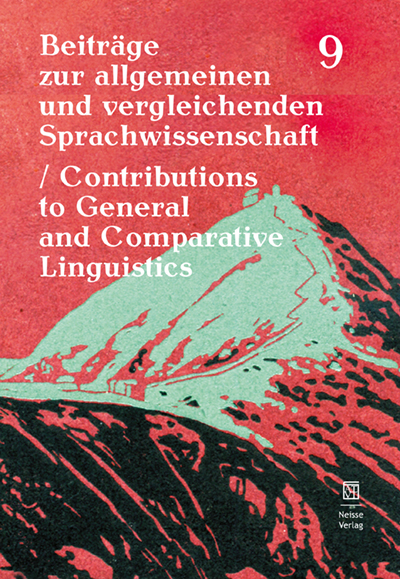Zur Bildung von Personenbezeichnungen nach den Vorstellungen von einer gendergerechten Sprache. Kritische Bemerkungen zum deutschen und zum polnischen Sprachgebrauch
Different ways of referring to individuals in gender-sensitive language. Critical remarks on German and Polish language usage
Author(s): Edyta BłachutSubject(s): Comparative Linguistics, Descriptive linguistics
Published by: Oficyna Wydawnicza ATUT – Wrocławskie Wydawnictwo Oświatowe
Keywords: gender distinctions; gender marking suffix; gender-sensitive language; grammatical acceptability; referring to individuals; German; Polish;
Summary/Abstract: The change of social, political and professional gender roles has affected the way gender distinctions are expressed in language in different social groups including the scientific community. Gender distinctions can be either marked or they can be neutralized. The goal of this article is to present different ways of forming gender-sensitive expressions in Polish and German. Both German and Polish employ many linguistic devices to make gender distinctions, which can be either reflected in spelling and word-formation (e.g. using the gender marking asterisk * or gender marking suffixes) or in the linguistic system (e.g. new forms describing feminine job titles). The presented examples are discussed from various perspectives (form and content, grammatical acceptability, stylistic level, etc.).
Journal: Beiträge zur allgemeinen und vergleichenden Sprachwissenschaft
- Issue Year: 2020
- Issue No: 9
- Page Range: 29-50
- Page Count: 22
- Language: German

